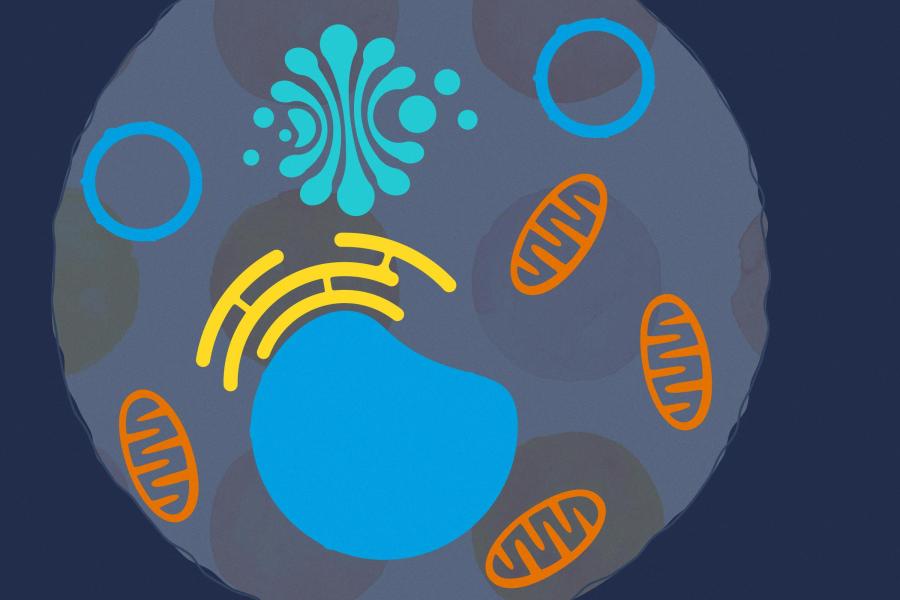In the coming months and years, educators will grapple with how to most appropriately and effectively teach about recent events that illuminate the deep, troubling divisions in America and the history from which they emerged. As they engage with these events, many set against the backdrop of increasingly urgent calls for racial equity in America, teachers of all grade levels will need to elevate diverse perspectives and confront issues of race and injustice in age-appropriate ways.
To address this need to support K-12 teachers throughout the U.S., a team of faculty and students from the University of Virginia School of Education and Human Development, alongside practicing educators, have collaborated to launch a new online resource hub. Educating for Democracy offers a range of teaching tools, including developmentally appropriate lessons that interrogate issues of race, justice and human welfare in the U.S. by connecting the full story of the past with current events.
Johari Harris, a research assistant professor at the School of Education and Human Development helping lead this work, is quick to point out that this new initiative sits in a larger body of work focused on race and justice in the classroom.

Johari Harris, a research assistant professor at the School of Education and Human Development, is helping lead the Education for Democracy project. (Contributed photo)
“There are already a number of excellent and robust resources for teachers on how to teach about race in America,” she said. “We wanted to add to this rich body of work with resources that provide new insight into how these lessons can be most appropriately introduced at specific grade levels.
“Children understand justice in different ways at different ages. Research on child and adolescent development has informed our ability to zoom in on how they think about the world around them and the ways they conceptualize justice and fairness over time.”
The focus on developmental alignment is a unique feature of this project and is the structure for all of the resources on the site, allowing educators to identify lessons and units of lessons most appropriate for the grade they teach.
“Educating for Democracy is a critical resource that will help to meet all students where they are and to give them the tools to learn about their past in order to stand up for democracy and democratic values in our present,” John Hobson, social studies facilitator for Albemarle County Public Schools, said.
Kindergarten and Elementary School
Imagine a kindergarten class standing in a single-file line as they walk down the hall of their elementary school. According to Harris, young elementary students are able to differentiate that the teacher’s rule asking them to stand in line is different from the rule asking that they not hit their classmate.
“At a very young age, a child can differentiate between rules that reduce harm to one another from those that are used to create an organized environment,” Harris said. “However, they are not yet able to understand how those rules expand beyond one person at a time. For example, they cannot yet appreciate the ways rules impact a community or entire society.”
The resources on the website were created for elementary schools with this in mind. They use fiction and non-fiction stories to examine the thoughts and feelings of those who have been marginalized because of their racial-ethnic identity. Accompanying lesson goals focus on developing students’ abilities to understand different perspectives. According to Harris, encouraging children to look at multiple perspectives supports students’ empathy development.










